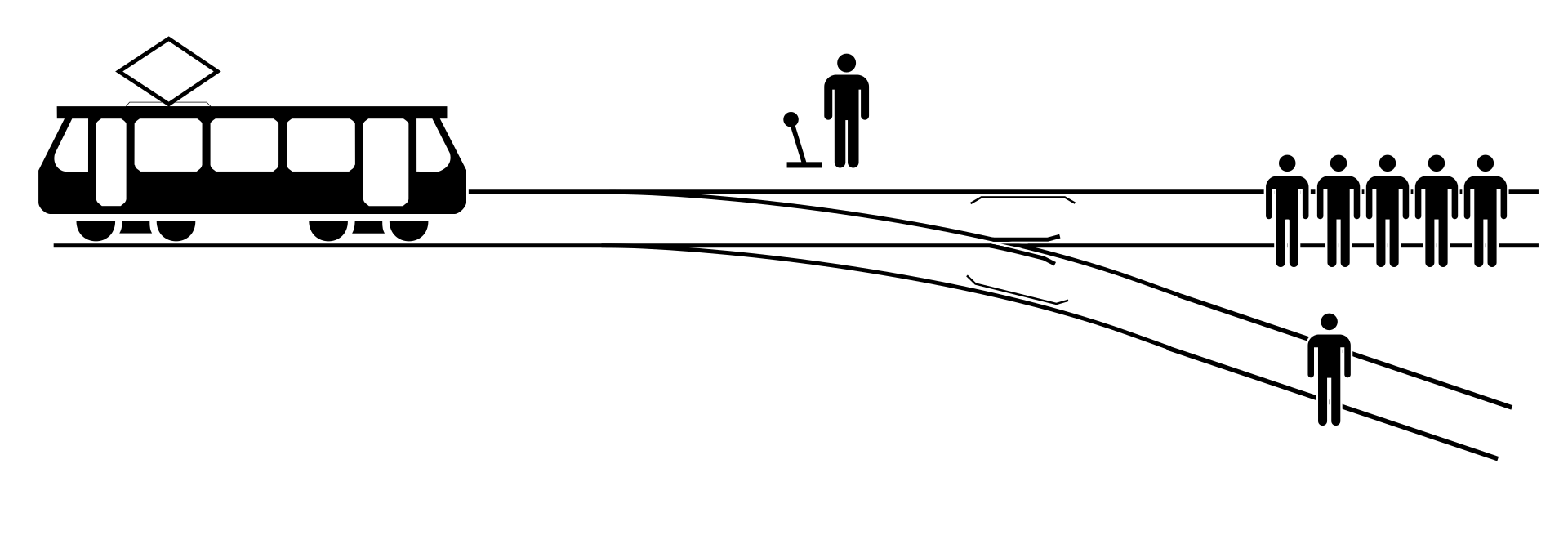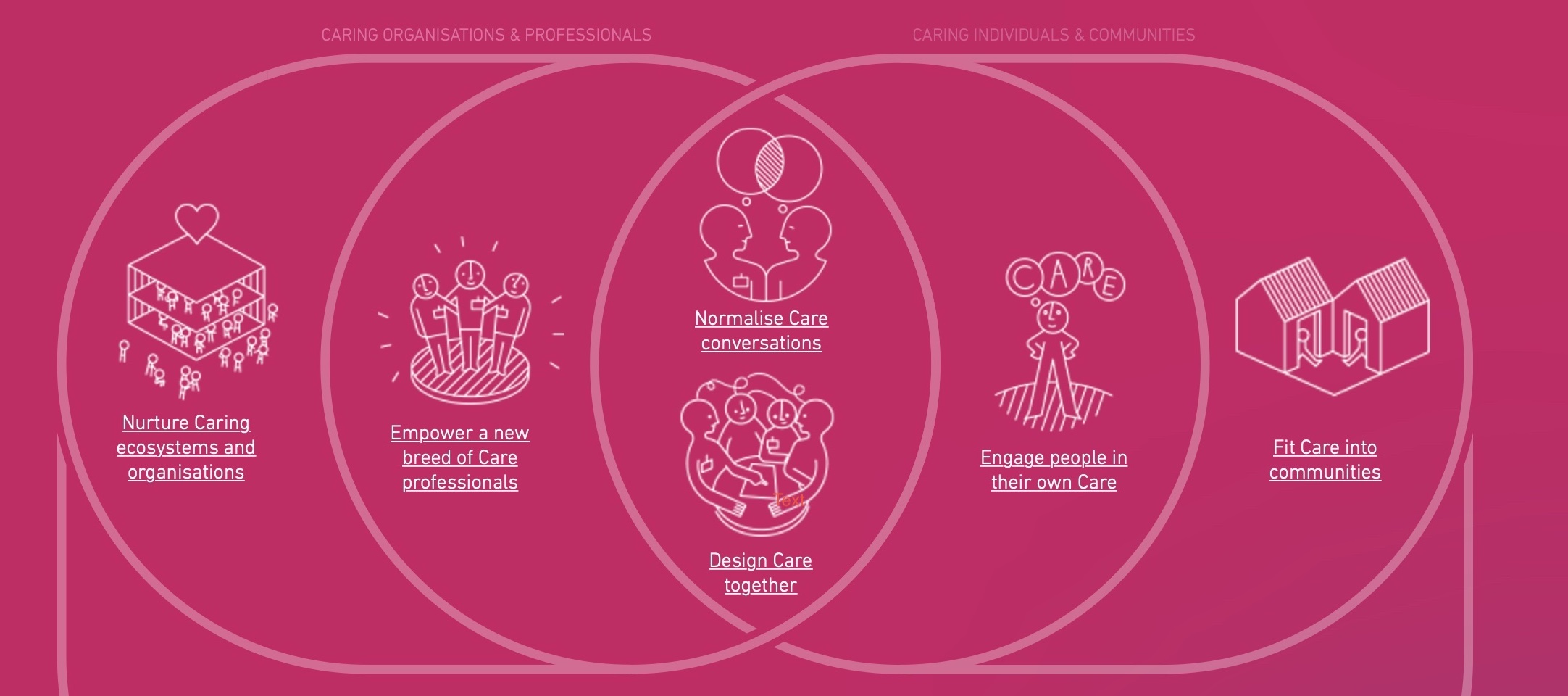Designing Ethics - Ethical frameworks and their integration into design
This class we studied and had conversations about different views and types of ethics. The topic is super interesting and eye-opening, because it reminds me to my philosophy classes, where we approached the same questions, but maybe not from the point of view of innovation.
The question which are starting from a very individual scale to a scale where the answer has a wide impact on the individual’s surroundings, see below how how it evolves.
- What should I do?
- What is the right thing to do?
- What should I do?
- What is the right thing to do?
- What actions are morally justifiable?
- What kind of person do I want to be?
- Deontology - Ethics based on our basic principles - The theological definition of it comes from the bible, based on the 10 commandments, the philosophical one is originated from Emanuel Kant. It measures if an action is good or wrong based on such rules: as killing, stealing, lying.
Just analysing the last one, it seems like a very specified and individualistic question. However looking at it from a broader perspective is it actually just a moral question to ourselves or is it a question that moralises our impact in our society?
Based on these questions, we studied about different (western) approaches of ethics:



These approaches can be inspirational leading points when defining a moral question, but these are usually only mediating between possible answers.

